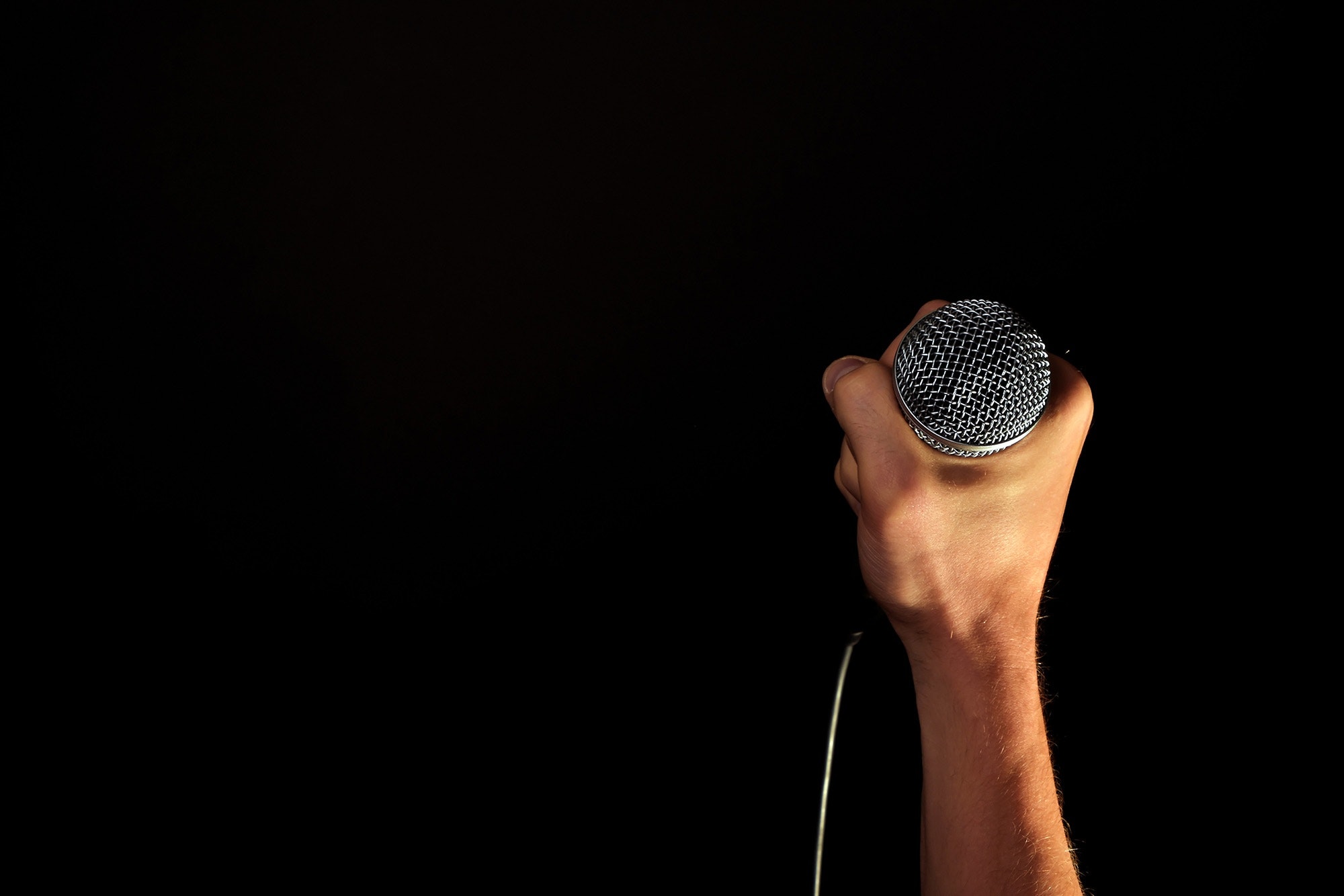
On May 4, 2023, a New York federal jury concluded that the popular British music artist Ed Sheeran is not liable for copyright infringement after lengthy litigation to settle a lawsuit. It took the jury less than three hours to reach a verdict favoring Sheeran. Kathryn Townsend Griffin, daughter of Ed Townsend, the songwriter who co-wrote the 1973 Motown smash hit “Let’s Get It On” with the late Marvin Gaye, accused the artist of stealing core aspects of the song for his hit, “Thinking Out Loud.”
Musicians, songwriters, and publishers must find a perfect balance between inspiration from the brilliant influential artists and staying clear of becoming an exact copy. The court proceedings are certainly not new. Over the years, we’ve seen many accusations and lawsuits involving copyright infringement and other music artists and songwriters. Ed Sheeran himself has faced similar accusations and lawsuits in the past. The final outcome of the case was a huge win and relief for many in the music industry worldwide. A verdict for the plaintiff would have potentially meant privatizing parts of the public domain, causing a devastating impact on the future of music.
After registering creative works with the United States Copyright Office, the owner has exclusive rights to the sound or recording and can choose to allow or decline others from using their work. Therefore, using a song with copyright protection is unlawful, whether they use parts of it or create derivative work from the published song without permission. When infringement occurs, the copyright owner has the legal right to sue in federal court and collect damages from the liable party.
This particular lawsuit claimed that Sheeran used copyrighted intellectual property without permission and owed the plaintiff a substantial part of the profits he earned in record sales. However, the defense argued that while certain parts of “Thinking Out Loud” resemble elements of “Let’s Get It On,” there was no copyright infringement. Their case was that the basic chord combination and harmonic rhythm of both songs are fundamentals of music, making them ineligible for copyright protection. Artists and songwriters commonly use the music elements for new music worldwide. The defense told the court a ruling of copyright infringement would have lasting implications on the future of music and creative expression.
Copyright infringement lawsuits involving published music are complex and likely confusing for most. Yet, in the most basic form, the purpose of copyright law is straightforward. The reason for copyright regulations and protection is to allow the original creators to protect their work while also supporting the progression of art and science by promoting new ideas. Therefore, the ultimate duty of the judge or jury in copyright infringement lawsuits is to determine if the works in question serve those purposes.
Sheeran expressed his relief at the conclusion of the case and his attorney voiced her satisfaction, calling the court’s decision an “important victory” for Sheeran and his collaborator, Amy Wadge. Further, she believes the decision was a victory for all artists, songwriters, and music lovers.
Opinions on the final verdict and outcome of the case may vary substantially depending on who you ask. However, many felt a collective sigh of relief in the global music and entertainment industry, even as the question of copyright infringement will likely persist in the world of music.
Anyone who has concerns that their original work is being infringed upon, as well as those who want to learn more about whether their song could be construed as infringement, should contact Lomnitzer Law for advice.